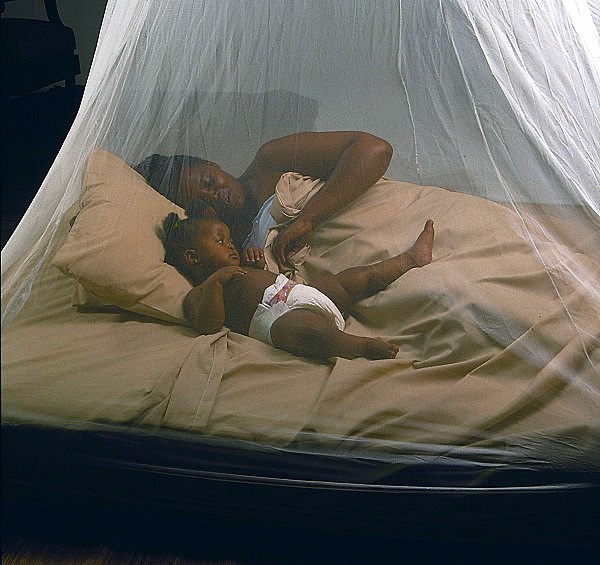
The U.S. government, through the President’s Malaria Initiative (PMI), has donated 3.3 million bed nets for distribution in Akwa Ibom .
The U.S Embassy said this in a statement in Abuja on Tuesday.
“PMI is jointly implemented by the United States Agency for International Development (USAID) and the U.S. Centers for Disease Control and Prevention (CDC).
“The bed nets, valued at 9.7 million dollars, will be distributed in all local government areas of the state.
“ The U.S. government also provided an additional 1.6 million dollars for logistics, including transportation and community mobilization – for a total contribution of 11.3 million dollars,” it stated.
The embassy explained that the Akwa Ibom Government led the planning, coordination and distribution efforts which concluded on Oct. 12.
It stated that the bed net distribution was a critical component of the ongoing efforts to end malaria in Nigeria, which killed an estimated 107,000 people in 2016.
The disease is especially prevalent during the rainy season, when the mosquito population increases.
The Akwa Ibom Commissioner for Health, Dr Dominic Ukpong, was quoted as saying “the provision of these bed nets is a call to action to us in the state government to even do more for the health of our people”.
“This activity will benefit the 5.9 million residents of Akwa Ibom.
“At a minimum, two people within each household will have at least one net for use to prevent malaria under the distribution plan”.
The embassy said that a similar distribution would begin in late November in Bauchi State.
Sleeping under an insecticide-treated bed net every night is one of the best ways to prevent malaria.
“Bed nets put a vital barrier between people and the mosquitoes that carry malaria, most importantly during the hours from dusk to dawn.
“Nightly use of insecticide-treated bed nets prevents infections, which in turn prevents the spread of malaria.
“Since 2011, PMI has procured 42 million insecticide treated nets for Nigeria, valued at 126 million dollars.
“Over 50 per cent of the overall 490 million dollars in U.S. funding for malaria control goes into procuring and distributing insecticide treated bed nets, malaria diagnostic kits and malaria medicines,” it stated.
It stated that PMI supported advocacy and mobilization to encourage members of the community to sleep under the bed nets every night, and trained health workers to test for malaria before treatment.
NAN